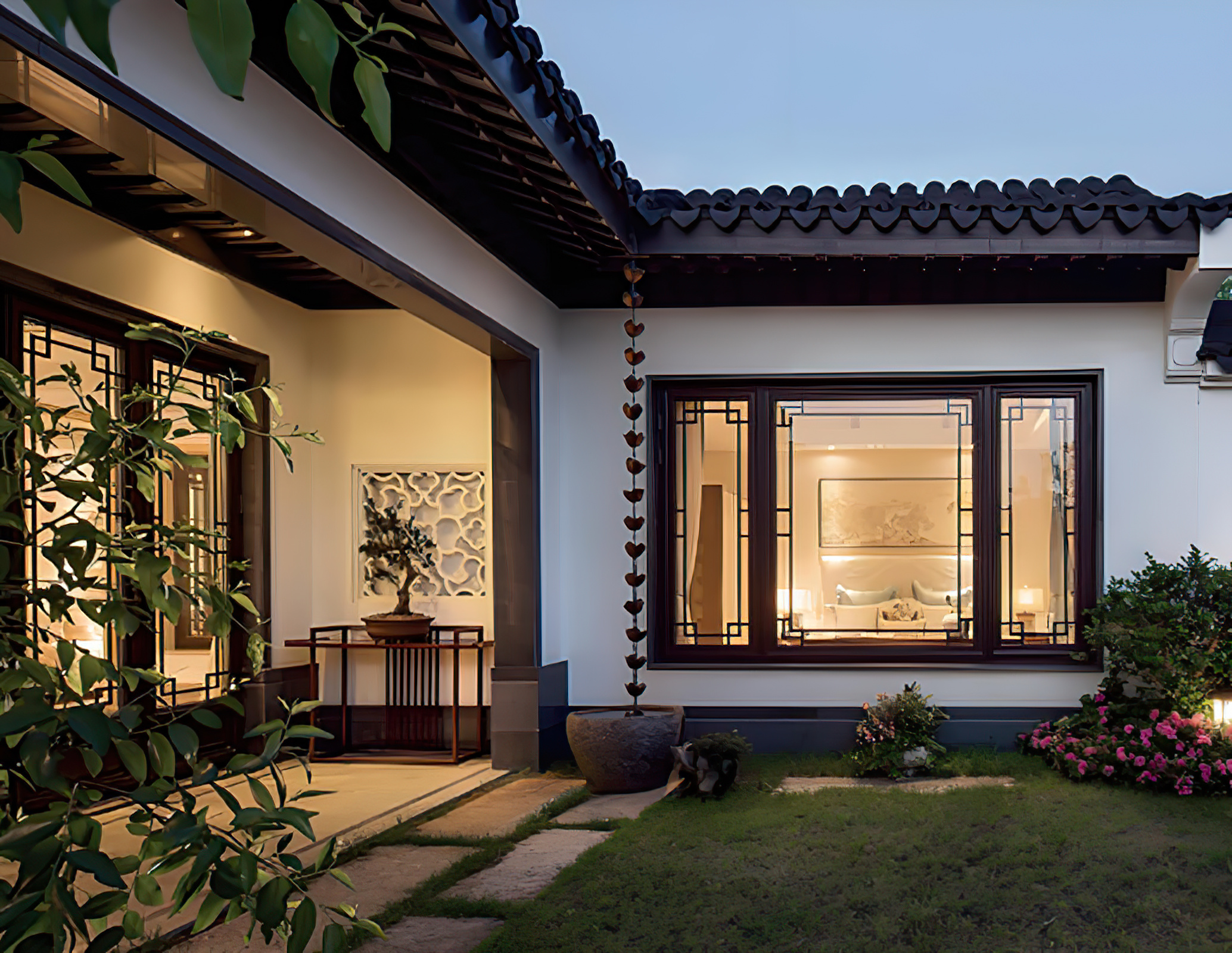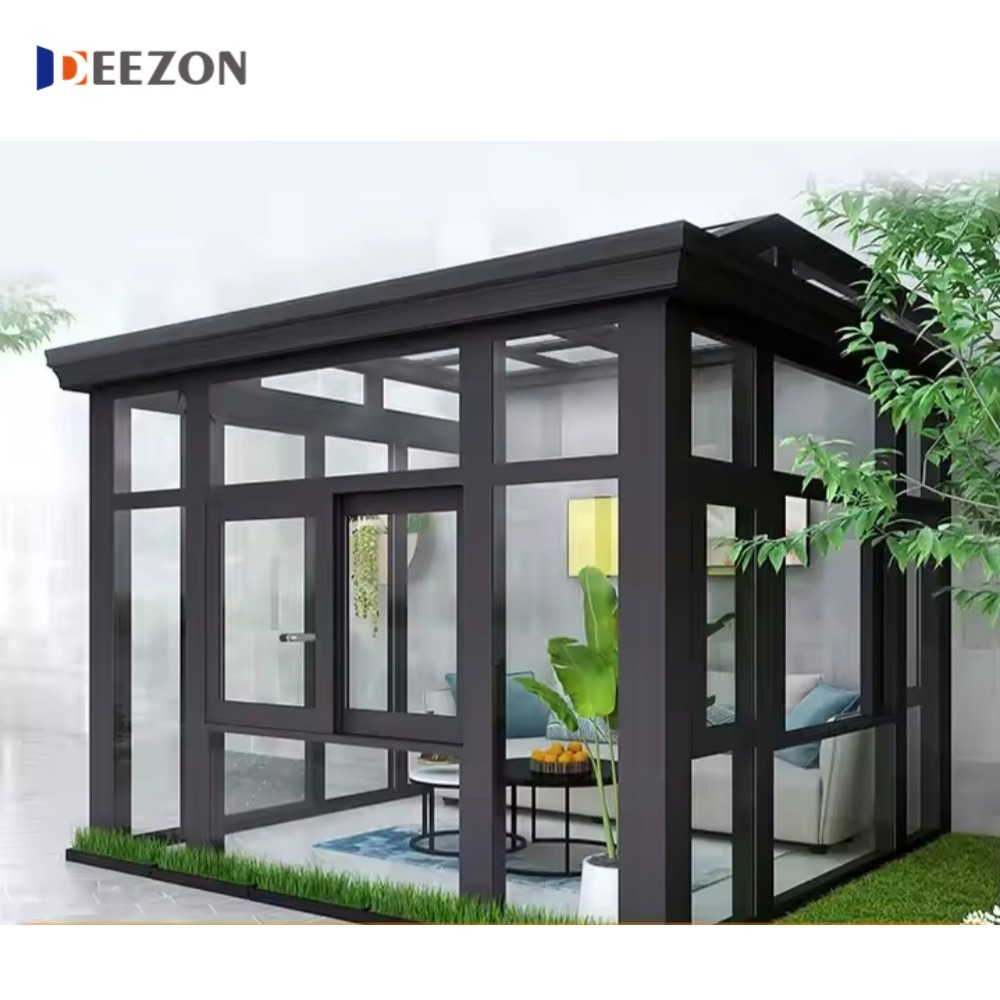Foshan Deezon Windows and Doors Co.,Ltd.
language
Aluminum Casement Windows: A Practical Solution for Any Climate
Jul 07,2025

Aluminum Casement Windows: A Practical Solution for Any Climate
Table of Contents
- 1. Introduction to Aluminum Casement Windows
- 2. Key Benefits of Aluminum Casement Windows
- 2.1 Energy Efficiency and Insulation
- 2.2 Durability and Weather Resistance
- 2.3 Low Maintenance Requirements
- 2.4 Aesthetic Flexibility and Design Options
- 3. Climate Adaptability of Aluminum Casement Windows
- 4. Installation Process of Aluminum Casement Windows
- 5. Cost Considerations for Aluminum Casement Windows
- 6. Frequently Asked Questions
- 7. Conclusion
1. Introduction to Aluminum Casement Windows
Aluminum casement windows have gained popularity in recent years as a reliable and aesthetically pleasing option for residential and commercial buildings. Unlike traditional windows that slide or raise, casement windows are hinged at the side and open outward, allowing for maximum ventilation. This design not only enhances airflow but also provides exceptional views and natural light. Furthermore, the use of aluminum as the primary material offers a variety of benefits that make these windows suitable for any climate, whether it be hot, cold, or humid.
2. Key Benefits of Aluminum Casement Windows
2.1 Energy Efficiency and Insulation
One of the standout features of aluminum casement windows is their energy efficiency. These windows are designed to minimize heat transfer, keeping your home warm in the winter and cool in the summer. With advancements in technology, modern aluminum frames often incorporate thermal breaks—insulated barriers that reduce the flow of heat. This means that not only do they help to lower energy bills, but they also contribute to a more comfortable indoor environment.
Furthermore, casement windows can be fitted with double or triple glazing, which significantly enhances their insulating properties. This is particularly beneficial for homeowners looking to reduce their carbon footprint while maintaining a cozy atmosphere.
2.2 Durability and Weather Resistance
Aluminum is renowned for its strength and durability, making it an ideal choice for windows. Unlike wood, aluminum does not warp, crack, or swell due to moisture or temperature changes. This resilience ensures that aluminum casement windows can withstand the test of time and harsh weather conditions, making them a smart investment.
Moreover, aluminum's natural resistance to rust and corrosion means that these windows require less maintenance than other materials, such as steel. Homeowners can enjoy peace of mind knowing their windows will remain functional and visually appealing for years to come.
2.3 Low Maintenance Requirements
Many homeowners dread the upkeep associated with windows—scraping, painting, and sealing can become tedious tasks over time. Aluminum casement windows, however, require minimal maintenance. A simple wash with soap and water is often enough to keep them looking new. The powder-coated finishes available today not only provide an attractive look but also add an extra layer of protection against the elements, further reducing the need for maintenance.
2.4 Aesthetic Flexibility and Design Options
Aluminum casement windows are incredibly versatile in design. Available in a plethora of colors, finishes, and styles, these windows can complement any architectural design. Whether you prefer a sleek modern look or a more traditional aesthetic, aluminum casement windows can be customized to fit your vision.
Additionally, the slim profiles of aluminum frames maximize glass area, allowing for unobstructed views and increased natural light. This can dramatically enhance the interior ambiance of a home, making spaces feel more open and inviting.
3. Climate Adaptability of Aluminum Casement Windows
Aluminum casement windows are uniquely suited to perform well in various climates. Understanding how they adapt to different weather conditions can help homeowners make informed decisions.
3.1 Performance in Hot Climates
In hot climates, the ability of aluminum casement windows to block heat is critical. Their energy-efficient designs, combined with advanced glazing options, help reflect sunlight and reduce heat gain. The outward-opening mechanism allows for effective cross-ventilation, enabling hot air to escape while drawing in cooler air.
Additionally, using reflective coatings can further enhance performance by minimizing solar heat gain. This means that even during the hottest summer months, homeowners can maintain a comfortable indoor environment without relying heavily on air conditioning.
3.2 Performance in Cold Climates
Aluminum casement windows shine in cold climates as well. The superior insulation properties of double or triple glazing ensure that heat remains trapped indoors. When combined with thermal breaks in the frames, these windows can effectively combat the chill, leading to warmer interiors and reduced heating costs.
Moreover, the tight seal achieved when closed enhances energy efficiency, preventing drafts and heat loss during frigid weather. This adaptability ensures that homes remain cozy and comfortable, regardless of external temperatures.
3.3 Performance in Humid Climates
For regions prone to humidity, aluminum casement windows are an excellent choice due to their resistance to moisture. Unlike wood, aluminum does not swell or rot, making it ideal for locations susceptible to damp conditions.
The ability to open outward also promotes airflow, helping to reduce indoor humidity levels and prevent mold growth. Homeowners in humid climates will appreciate the combination of durability and performance that aluminum casement windows provide, ensuring their homes remain healthy and well-ventilated.
4. Installation Process of Aluminum Casement Windows
The installation of aluminum casement windows is a crucial step that can affect their performance and lifespan. While it is advisable to hire professionals for the job, understanding the process can help homeowners prepare.
1. **Measurement:** Accurate measurements are essential. Homeowners must ensure that the windows fit perfectly into the existing frames or openings.
2. **Preparation:** The area around the installation site should be cleared, and any old windows removed carefully.
3. **Setting the Frame:** The new aluminum casement window frame must be positioned and leveled correctly.
4. **Securing the Window:** Once in place, the window is secured using screws and brackets, ensuring stability.
5. **Sealing and Finishing:** Finally, weatherproof seals and finishes are applied to prevent drafts and improve insulation.
Following these steps ensures that aluminum casement windows function optimally and provide their intended benefits.
5. Cost Considerations for Aluminum Casement Windows
When considering aluminum casement windows, cost is a significant factor for many homeowners. Various elements influence the price, including the window size, design, glazing options, and the complexity of installation.
Typically, aluminum casement windows are priced competitively compared to other materials like wood or vinyl. While the initial investment may be higher than standard windows, the long-term savings on energy bills, combined with their durability and low maintenance, make them a cost-effective choice in the long run.
Homeowners should also factor in potential incentives for energy-efficient installations, which can help offset costs. It’s advisable to obtain quotes from multiple suppliers to ensure the best deal while evaluating the quality of materials and craftsmanship.
6. Frequently Asked Questions
**Q1: Are aluminum casement windows energy efficient?**
Yes, aluminum casement windows can be highly energy efficient, especially when fitted with double or triple glazing and thermal breaks.
**Q2: Do aluminum casement windows require a lot of maintenance?**
No, aluminum casement windows require minimal maintenance. Regular cleaning with soap and water is generally sufficient.
**Q3: Can aluminum casement windows be customized?**
Yes, they are available in various colors, finishes, and styles, allowing for customization to fit any home design.
**Q4: How well do aluminum casement windows perform in extreme weather?**
Aluminum casement windows perform exceptionally well in extreme weather conditions, offering durability and insulation in both hot and cold climates.
**Q5: What is the installation process for aluminum casement windows?**
The installation process involves measuring, preparing the site, setting the frame, securing the window, and applying seals and finishes.
7. Conclusion
In summary, aluminum casement windows present a practical solution for any climate, combining energy efficiency, durability, low maintenance, and aesthetic appeal. Their ability to adapt to various weather conditions makes them an excellent choice for homeowners looking to enhance their living spaces. By investing in aluminum casement windows, you not only improve your home’s energy performance but also elevate its overall look and comfort. Whether you reside in a hot, cold, or humid climate, these windows are designed to meet your needs and provide lasting value.
PREVIOUS:







